Home France is recognized for its significant cultural heritage, exceptional cuisine, and attractive landscapes, making it the most visited country in the world. From seeing…
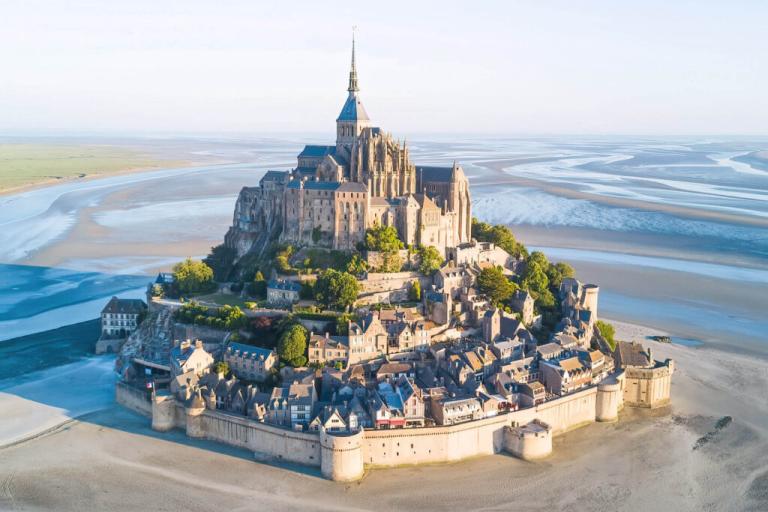
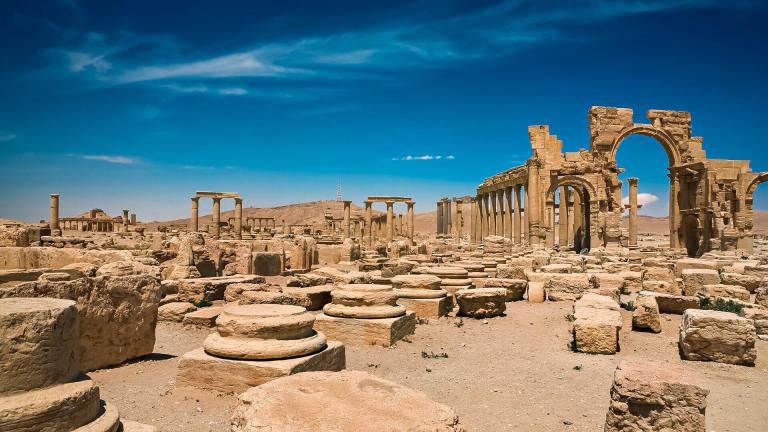
Formally known as the Syrian Arab Republic, Syria is a country in West Asia situated between the Eastern Mediterranean and the Levant. With almost 17 million people as of 2023, Syria is strategically situated at the crossroads of many historical legacies and civilizations. From the southwest, Israel and Lebanon; from the south, Jordan; from the east and southeast, Iraq; from the north, Turkey; from the west, the Mediterranean Sea. Syria’s complex past and present geopolitical challenges have been much shaped by this geographic position.
Syria’s landscape is a tapestry of contrasts with its great deserts, high mountains, and lush plains. The rich cultural mosaic of the country has been created in part by this varied terrain, which hosts many ethnic and religious groups. Though most Syrians are Arab, there also are Assyrians, Armenians, Circassians, Greeks, Turkmens, Kurds, Albanians, and Chechens living there. The religious makeup of the country reflects its ethnic variety with Muslims, Christians, Alawites, Jews, and Druze coexisting inside its borders. The political and cultural hub of Syria, Damascus, the capital and biggest city, is evidence of the nation’s historical relevance.
The foundation of Syria’s present political structure is its stormy 20th-century past. The path the country took as a sovereign state started in 1946 when it broke away from French mandate control. Still, political unrest defined the post-independence era as several military takeovers between 1949 and 1971 shaped the direction of the nation. A dramatic turning point and a one-party state that would dominate Syrian politics for many years to come resulted from the Ba’ath Party toppling of the government in 1963.
The Assad family’s climb to dominance began with Hafiz al-Assad‘s ascent in 1971. He enhanced the position of power of the Alawite minority and started a political dynasty still in existence today. Following the death of Hafiz al-Assad in 2000, his son Bashar al-Assad succeeded him and the family stayed in power. Hallmarks of the Assad government have been authoritarian government, a widespread cult of personality around the family, and strict limits on civil and political liberties.
A turning point in Syrian recent history came with the beginning of the civil war in 2011. Having now lasted more than ten years, this conflict has seriously harmed the country and its people. The conflict has claimed over 600,000 lives; pro-government forces supposedly bear the most of the civilian losses. The conflict has also caused a great displacement crisis whereby millions of Syrians have been forced from their houses. Comparatively to an estimated 7.6 million internally displaced people in 2015, the UNHCR noted that more than 5 million Syrians were refugees as of 2017. These startling figures draw attention to the human cost of the continuing conflict as well as the challenges confronting humanitarian operations in the region.
Apart from fraying Syria’s social fabric, the civil war has hurt the nation’s economy as well. Years of strife, sanctions from around the world, and massive infrastructure destruction have seriously harmed the country’s GDP. Recent estimates place over 90% of Syrians in poverty and 80% in food insecurity. These terrible economic conditions have worsened the humanitarian situation and will make any future rebuilding project quite challenging.
The continuous conflict has also changed the political scene of Syria. Several political groups seeking legitimacy and national control exist right now. Apart from the dictatorship of Bashar al-Assad, which still dominates vast areas of the country, other strong players have also surfaced. These comprise the Syrian Interim Government, the Syrian Salvation Government, Rojava, a self-governing territory in northeastern Syria. Thanks to the involvement of many foreign players, Syria is today a complex geopolitical battlefield.
Press freedom and human rights in Syria today have major consequences. Severe restrictions on press freedom make the country among the most dangerous countries for reporters worldwide. Syria came in second to last in the 2024 World Press Freedom Index, highlighting the severe restrictions on independent reporting and the risks media professionals there run. Apart from making it more challenging to obtain accurate knowledge about the current state of affairs, this absence of press freedom also makes it more difficult to hold several players accountable for their activities.
Corruption is still a major issue in Syria that compromises efforts at government and economic recovery. The country ranks second-lowest worldwide and is the most corrupt in West Asia and North Africa according to the 2022 Corruption Perceptions Index. Widespread corruption ruins public confidence in institutions and distorts the fair distribution of resources at every level of society and government.
Apart from the national issues, a state-sponsored illegal drug trade has surfaced. Syria has become the epicenter of a multibillion-dollar drug cartel, allegedly the largest in the world. Apart from increasing criminal activity inside the country, this development has important consequences for regional security and worldwide drug trafficking systems.
Despite all these great challenges, Syria remains a historically and culturally important nation. Among the ancient kingdoms and empires found within the current Syrian state is the Eblan civilization from the third millennium BC. From the Islamic Umayyad Caliphate to the Mamluk Sultanate, Syria has been indispensable for the evolution of many civilizations over centuries. Testaments to this rich historical legacy, the many archeological sites and cultural monuments in the country have sadly been damaged or destroyed during the continuing conflict.
Syria’s future is yet unknown as it works through political unrest and the consequences of ongoing war. On the path to peace and reconstruction, addressing the long-standing political, financial, and social issues that have stoked the conflict as well as the population’s immediate humanitarian needs will be vital. The international community faces the difficulty in balancing concerns about political legitimacy with violations of human rights and the need for humanitarian relief.
Currency
Founded
Calling code
Population
Area
Official language
Elevation
Time zone
With almost 2.5 million people living in its larger metropolitan area, Damascus, Syria's capital and biggest city, is among the oldest capitals still in use worldwide. Rich in history and…
Home France is recognized for its significant cultural heritage, exceptional cuisine, and attractive landscapes, making it the most visited country in the world. From seeing…

The 7 Wonders of the 21st Century feature amazing successes redefining human creativity and engineering capability. From the calm Temple of Buddha's Origin in Leshan,…
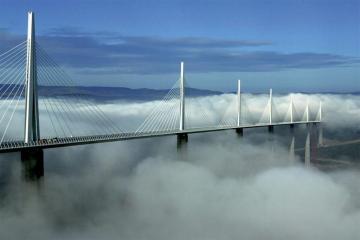
From Alexander the Great's inception to its modern form, the city has stayed a lighthouse of knowledge, variety, and beauty. Its ageless appeal stems from…
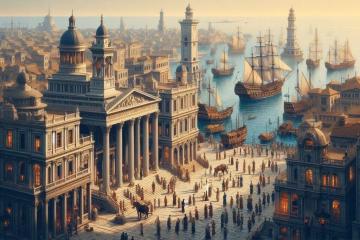
Boat travel—especially on a cruise—offers a distinctive and all-inclusive vacation. Still, there are benefits and drawbacks to take into account, much as with any kind…
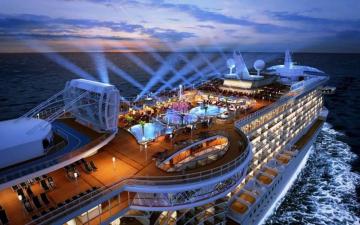
From Rio's samba spectacle to Venice's masked elegance, explore 10 unique festivals that showcase human creativity, cultural diversity, and the universal spirit of celebration. Uncover…

© All Rights Reserved. By Travel S Helper